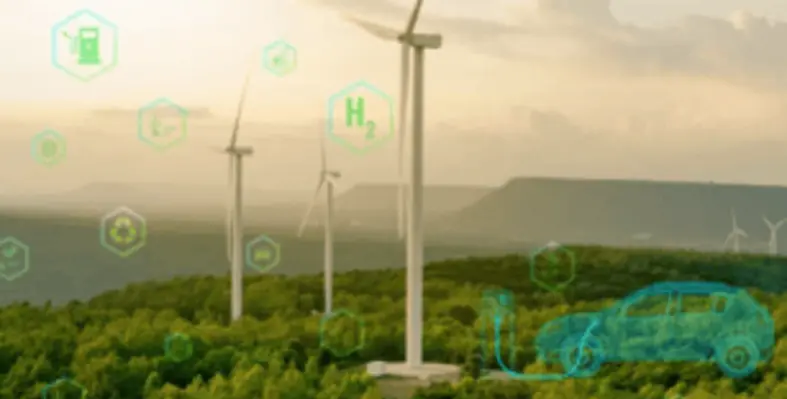Forty-five governments from around the world said they aim to double the average global rate of energy efficiency improvements by the end of the decade
The announcement was made after the IEA's 8th Global Conference on Energy Efficiency in Versailles, France, where governments from across Africa, the Americas, Asia and Europe highlighted the critical role that energy efficiency can play in improving living standards and energy security. It could also help in accelerating the clean energy transition toward reaching net zero emissions by 2050. This means ramping up annual energy efficiency progress from 2.2% today to over 4% annually by 2030 in a move that would create jobs, expand energy access, reduce energy bills, decrease air pollution, and diminish countries’ reliance on fossil fuel imports – among other social and economic benefits.
"It's hard to overstate the importance of energy efficiency for strengthening energy security and keeping the goal of limiting global warming to 1.5 C within sight, so I'm delighted that countries from across the world are uniting around the IEA's call to double energy efficiency progress by 2030," said Dr Birol, IEA's executive director. "This can help drive stronger momentum behind efforts to achieve an ambitious outcome at COP28 in Dubai."
Ministers made it clear in the statement that the public sector must be a role model for improving energy efficiency and driving investment that will encourage other sectors such as industry, services, buildings, transport and agriculture to follow. They welcomed the updated Sønderborg Action Plan, developed by the IEA as a set of strategic principles and policies to support governments in rapidly implementing sound energy efficiency policies. Ministers also encouraged the private sector to lead action on energy efficiency through innovation and investment, including development of digital solutions.
During the conference, a series of public-private roundtables took place to define concrete strategies to generate greater energy efficiency, culminating in the Versailles 10X10 Actions. The discussions reaffirmed the critical roles that energy efficiency and digitalisation play in tackling the ongoing global energy crisis. Over 50 thought leaders collaborated to discuss energy efficiency issues in the areas of industry and infrastructure, buildings and homes, and solutions and commitments – addressing key elements such as financing, technology, workforces and consumer motivations.
A special briefing report from the IEA published on the first day of the Global Conference – Energy Efficiency: The Decade for Action – shows the range of benefits energy efficiency improvements can bring to societies worldwide. The efficiency sector employs tens of millions of people around the world, and increasing ambition and action could create another 12 million jobs by 2030. Importantly, more efficient and lower energy demand supports faster progress towards universal access to modern energy in emerging and developing economies.












